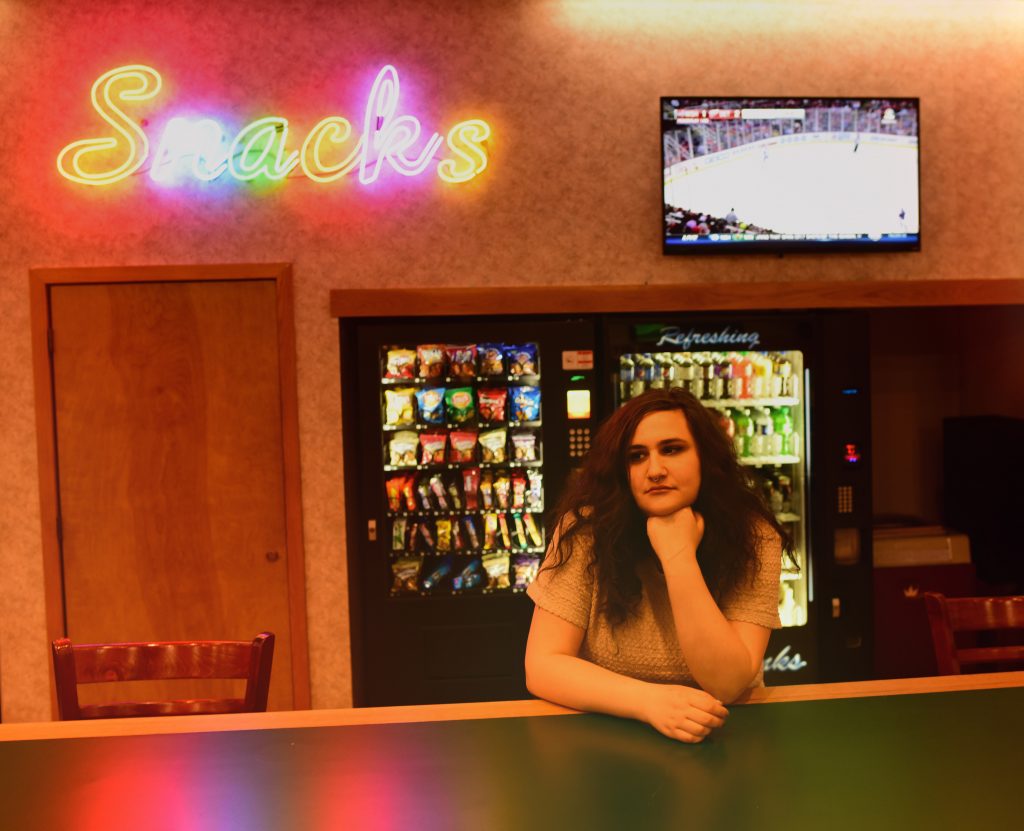
Photo by Shervin Lainez
If you are one of the 100,000+ students living in this city, I feel like you should not be able to consider yourself a Bostonian unless you have spent a full summer here. With a third of its population returning to their hometowns until classes begin again, Boston’s entire character changes from June through September. The streets are noticeably emptier. The city is quieter and almost provincial. There is a sense of impatience and/or dread underlying everything—impatience for the humidity to finally subside; dread for when the line outside of every bar inevitably reforms. Despite how refreshing it is to see one third less puke on the sidewalks each Sunday morning, it is basically impossible to not feel hopelessly lonely when thousands of people have evacuated your home.
The perpetual cycle of inhabitants is what sets Boston apart from every other mid-size city on the East Coast; this has to be one of the only cities in America whose permanent residents can sometimes feel like leftovers for an entire season. With all of the love I hold in my heart for Boston, I respect anyone with the strength to live here through each passing summer in their post-academic life. Several years ago, members of the band Palehound did just that.
In the summer of 2015, Palehound released Dry Food, their debut record. The album retained the personality and intimacy of frontperson Ellen Kempner’s 2013 debut EP, Bent Nail. The EP displayed Kempner’s knack for balancing the achingly poetic with the embarrassingly relatable, mainly by discussing the struggle to deal with a newfound adulthood catalyzed by heartbreak and moving out of your parent’s home. Dry Food announced Palehound as a specifically Boston band, with songs that reference small Massachusetts towns like Seekonk and a uniquely northeastern sound that can be simultaneously loud, fun, and unfathomably melancholic.
In the summer of 2015, between my sophomore and junior years of college, I moved into my first apartment. It was a basement-level unit with exactly two windows—one in my bedroom, at street level, through which people would kick dirt and leaves through the missing screen, and one in the living room that looked out to a mysterious alleyway with no other point of entry. The apartment also boasted plumbing pipes that snaked the ceiling of every room. Any time someone in the building would flush a toilet or turn on the shower, a gentle whoosh would fly through the pipes—a comforting reminder of life outside of my cold, dark cave.
Technically, I was not alone; my roommates were my best friends, but they also happened to have opposite work schedules from mine. Seeing as all but a handful of my friends from school went home for the summer and I was living 1,000 miles from my own home in the suburbs of Chicago, I spent a lot of time by myself in my room. Once August rolled around, I spent a lot of time by myself in my room listening to Dry Food.
Kempner singing “I only feel half right around healthier folk” over a slow, sunny guitar eased my loneliness more than my neighbors flushing their toilets ever had. The album filled my semi-squalid apartment with life and reminded me, as corny as it sounds, that I can create a home outside of the one I grew up in.
Now two years later, I’ve graduated, and the overwhelming majority of my close friends have moved out of Boston: this time for good. Once again, I am still here and feeling alone in the bumble of the city. And coincidentally, Palehound has a new album out.
Palehound’s latest album, A Place I’ll Always Go, chronicles love, loss, and the devastating struggle to reconcile both experiences. At the risk of cheapening the beautiful and tragic content of the album, it’s probably best listened to while trying to ignore your swamp ass on the 66 bus. Songs like “Carnations” and “Room” detail the search for comfort in spite of your insecurities and anxieties, and Kempner’s whispery voice over a slow and steady beat is not unlike finding serenity in bus air conditioning on a humid day. The poppiness of “If You Met Her” and “Flowing Over” in contrast to the tragedy present in their lyrics evokes a blistering heat. The album is ultimately optimistic, yet still a little hard to swallow.
Kempner’s lyrics illustrate the need to feel normal or, at the very least, simply survive in the face of depression and alienation. Like every other feeling, these are intensified in the summer when you’re expected to be outside, basking in the beautiful, albeit humid, weather despite the fact that all you want to do is curl up in a ball and never see the sun again. It’s very hard to spend an entire day in bed when you have a busted AC.
Recently, listening to A Place I’ll Always Go while walking to work, I felt an unsettling moment of emotional parallel within my life. I feel exactly the same as I did two years ago. This is upsetting; if I have to be feeling emotional distress, at least let it be novel. I am trying to grapple with the fact that I will always feel good and I will always feel bad and those are the breaks of being a person. Palehound’s way of continually demonstrating how to find optimism in the face of devastation is a field guide to resilience. Everything is cyclical. We will all find love, and we will all experience some form of loss. For better or worse, the students of Boston will move back in. We are lathering, rinsing, and repeating for the rest of our lives. There will always be another summer to try it all over again.
Palehound plays with Waxahatchee and Outer Spaces at Royale on Saturday August 19
Tickets are available here, and you can RSVP on our Facebook event here.
